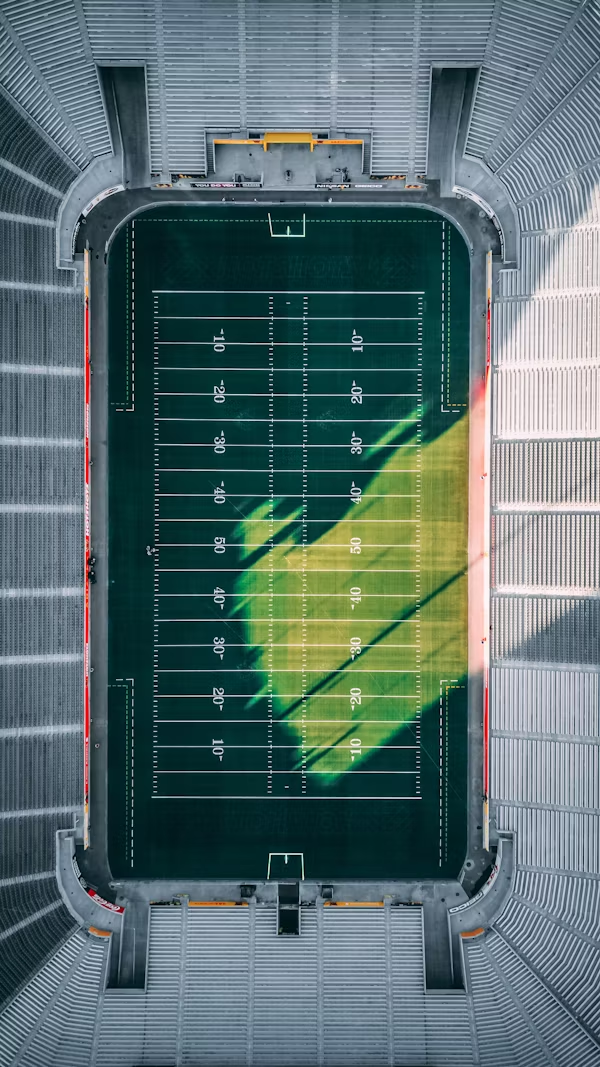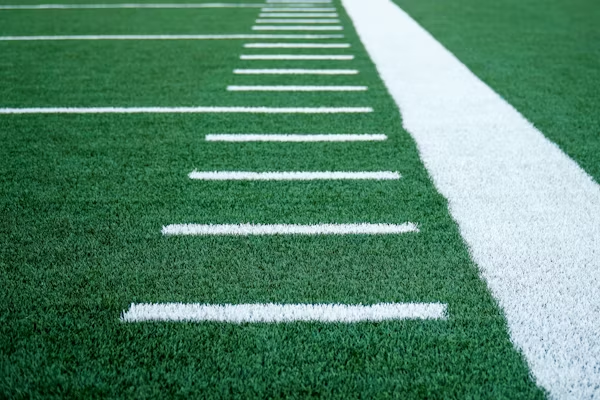Washington, D.C. – In a groundbreaking move, the NCAA and its five power conferences have agreed to allow schools to directly pay their athletes, a decision that marks a historic shift in college sports. This unprecedented agreement is part of a multibillion-dollar settlement to resolve three federal antitrust cases and promises to reshape the landscape of college athletics.
A Landmark Agreement
For the first time in its over 100-year history, the NCAA, along with the ACC, Big Ten, Big 12, SEC, and Pac-12, has committed to a plan that will see schools sharing substantial revenues with their athletes. The agreement includes a commitment from the NCAA to pay more than $2.7 billion in damages to past and current athletes over the next decade. This decision also involves a revenue-sharing scheme where each school can allocate up to $20 million annually to its athletes.
In a joint statement, NCAA President Charlie Baker and the commissioners of the five power conferences declared, “The agreement is a significant step in the ongoing reform of college sports, providing benefits to student-athletes and clarity across all divisions for years to come. This settlement also serves as a roadmap for college sports leaders and Congress to ensure the continued opportunity for millions of students. We look forward to collaborating with our student-athlete leadership groups to shape the future of college sports.”

Eligibility and Conditions
The settlement terms stipulate that all Division I athletes dating back to 2016 are eligible for a share of the settlement funds. However, these athletes must agree to drop their complaints in three ongoing cases—House v. NCAA, Hubbard v. NCAA, and Carter v. NCAA—and cannot sue for other potential antitrust violations. The settlement awaits approval from Judge Claudia Wilken, who is overseeing these cases, with the approval process expected to take several months. Revenue sharing is anticipated to commence in the fall of 2025.
Broad Support and Necessary Compromises
The NCAA’s board of governors and leaders from the ACC, Big Ten, Big 12, SEC, and Pac-12 have endorsed the settlement. Notre Dame, as a member of the ACC, also agreed to the terms. Notre Dame President John I. Jenkins expressed cautious support, noting, “Though undesirable in many respects and promising only temporary stability, the settlement is necessary to avoid the potential bankruptcy of college athletics. To preserve college sports, Congress must pass legislation to establish that athletes are students, not employees, and protect colleges from further antitrust lawsuits.”
Future Implications and Ongoing Challenges
Despite the historic nature of this agreement, it does not resolve all legal issues facing college sports. Athletes and their advocates continue to push for employee status or other mechanisms to collectively bargain, which could lead to further changes in revenue-sharing agreements in the future. Nonetheless, this settlement potentially reduces the NCAA’s exposure to antitrust litigation, a major factor driving the push for greater benefits for athletes.

This week’s agreement marks a significant reduction in the NCAA’s litigation risks and sets a precedent for future reforms in college sports. The decision to allow direct payments to players signifies a shift towards recognizing the value and contributions of student-athletes, ensuring they receive a fair share of the revenues generated by college sports.
Conclusion
The NCAA and its power conferences have taken a monumental step in reforming college athletics by agreeing to directly pay athletes and settle longstanding antitrust cases. While challenges remain, this agreement represents a significant move towards greater equity and recognition for student-athletes, potentially heralding a new era in college sports. As the settlement process unfolds and revenue-sharing begins, the landscape of college athletics will undoubtedly continue to evolve, reflecting the ongoing efforts to balance the interests of athletes, institutions, and the broader sports community.

marketplace, though details remain undisclosed.
“We have a chance to reshape the model in a meaningful way,” said Whitman. “Whether the settlement provides the necessary tools to stabilize college sports remains to be seen.”
Source: ESPN

